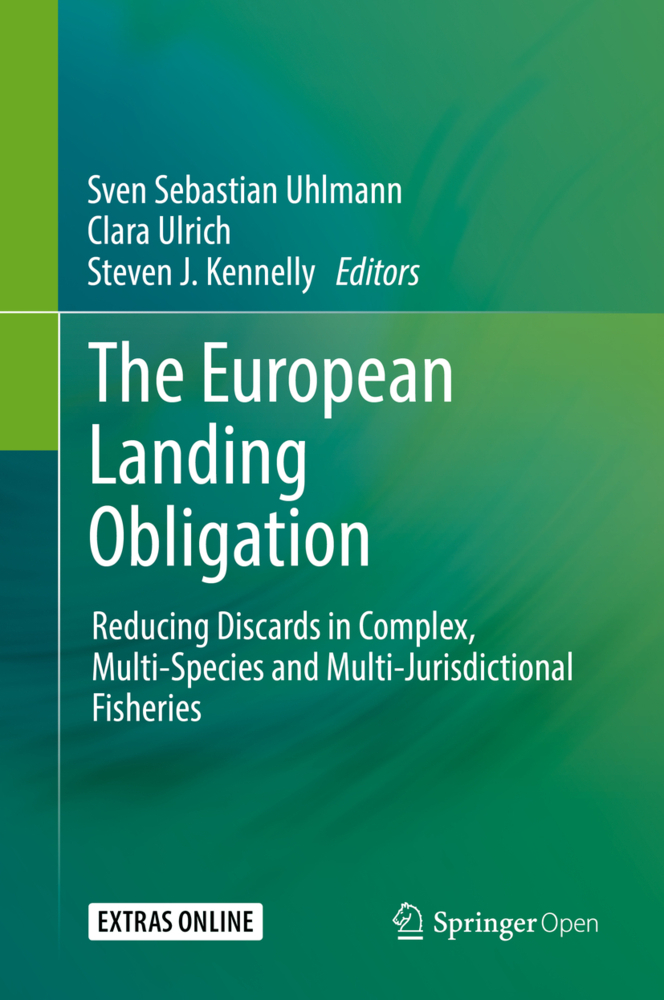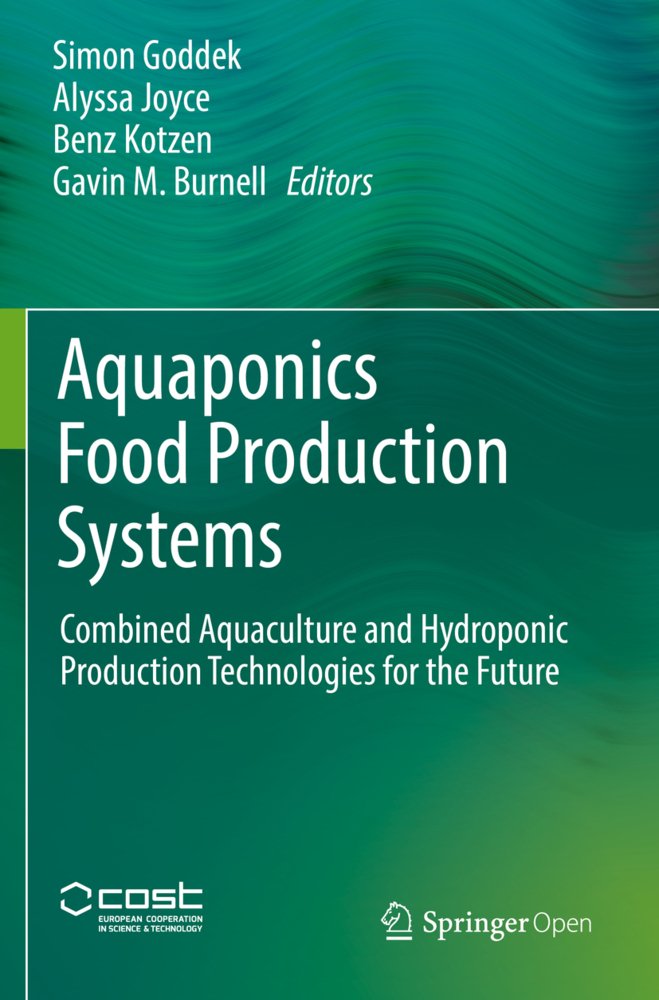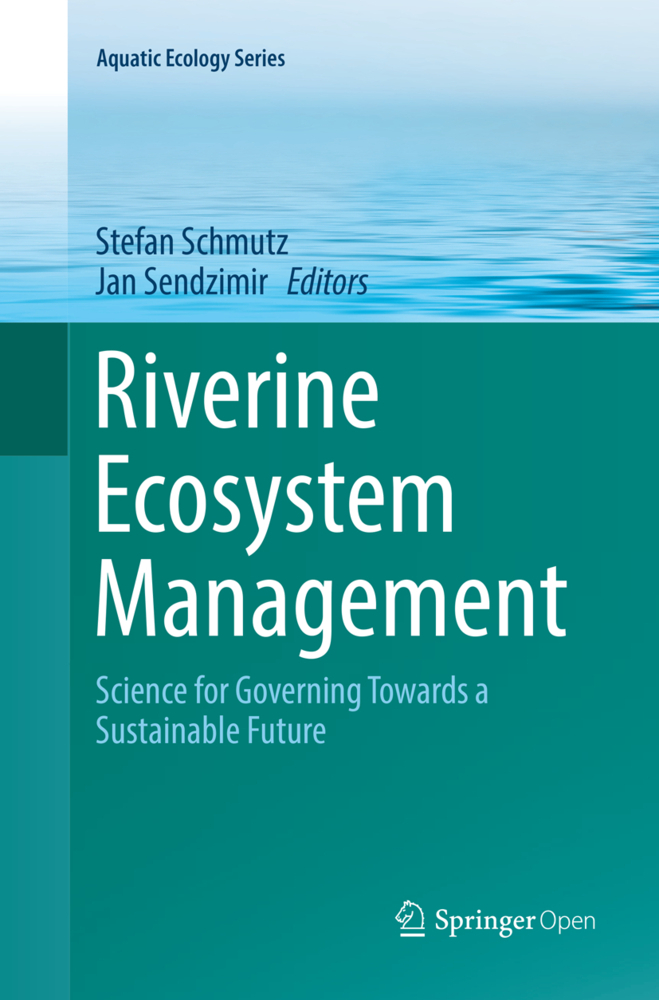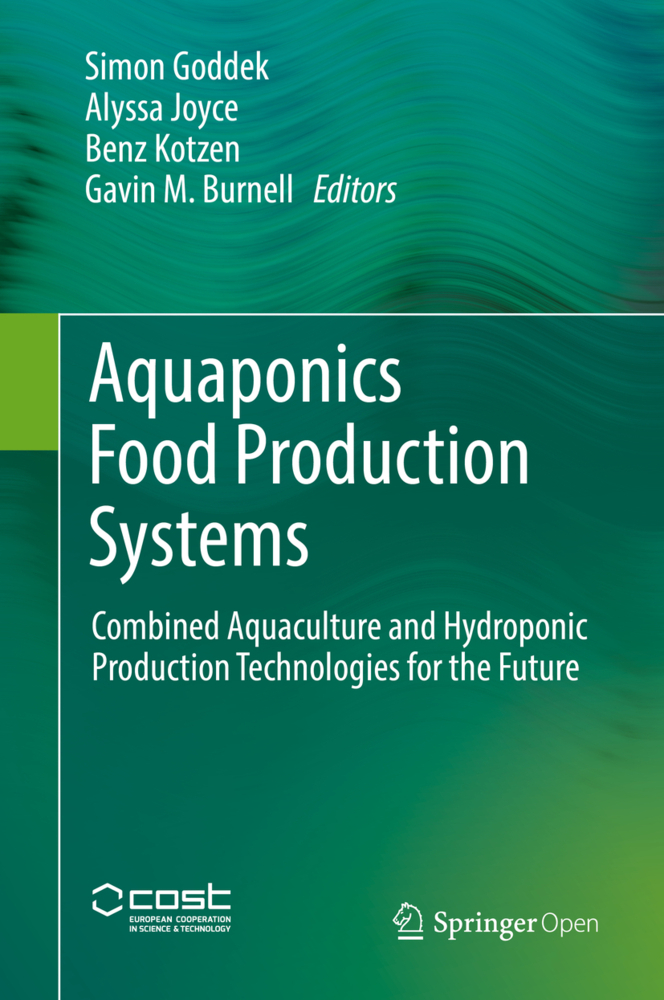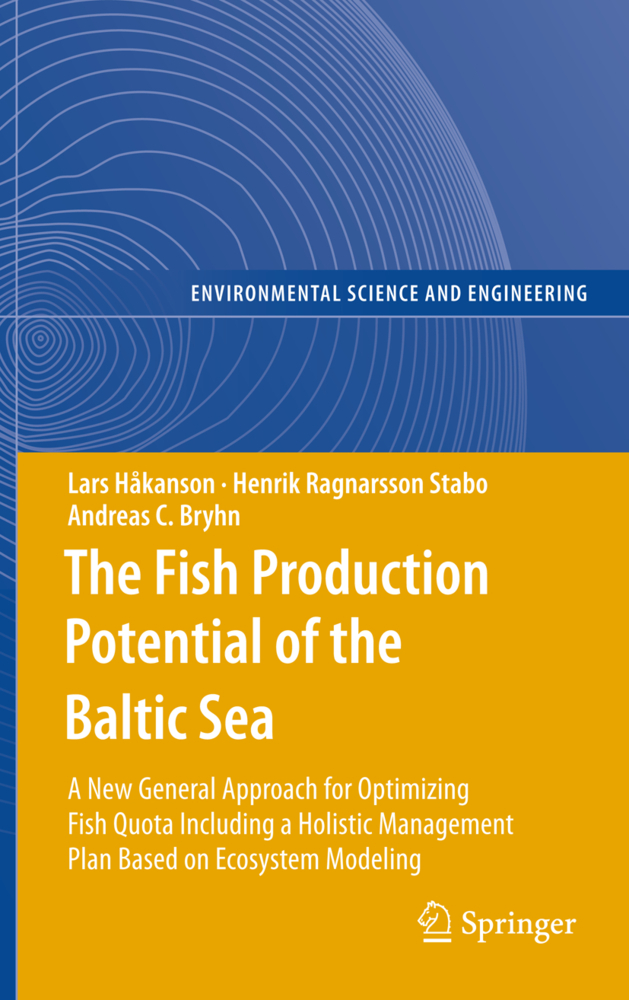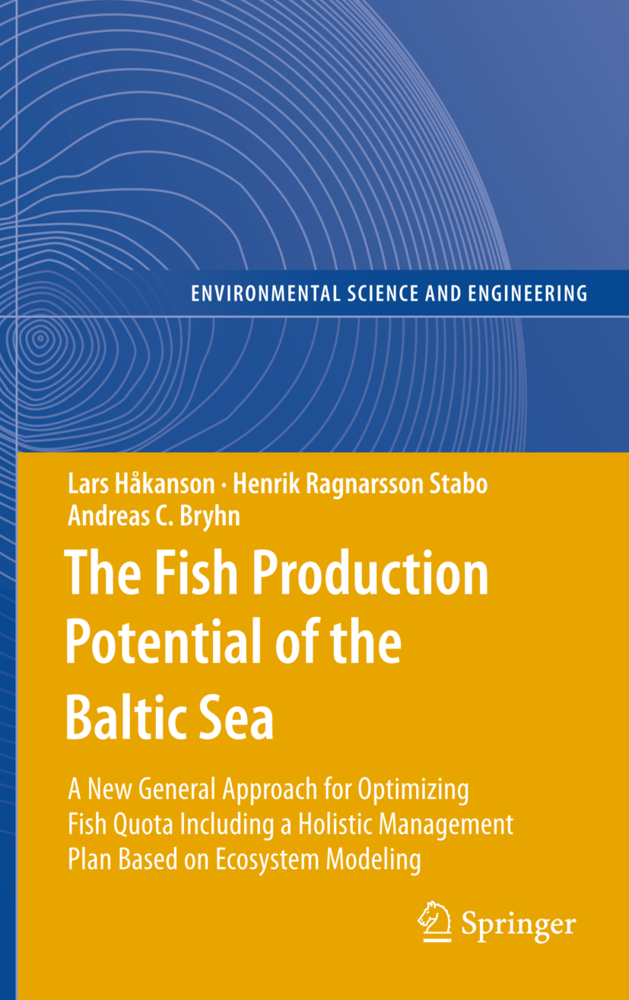The European Landing Obligation
The European Landing Obligation
This open access book provides a comprehensive examination of the European Landing Obligation policy from many relevant perspectives. It includes evaluations of its impacts at economical, socio-cultural, ecological and institutional levels. It also discusses the feasibility and benefits of several potential mitigation strategies. The book was timely published, exactly at the time where the Landing Obligation was planned to be fully implemented. This book is of significant interest to all stakeholders involved, but also to the general public of Europe and to other jurisdictions throughout the world that are also searching for ways to deal with by-catch and discard issues.
Part 1. Global and European perspectives on discard policies
1. Strategies used throughout the world to manage fisheries discards - lessons for implementation of the EU Landing Obligation
2. Discards in the Common Fisheries Policy: The evolution of the policy
3. Requirements for documentation, data collection and scientific evaluations
Part II. Potential social, economic and ecological impacts of the Landing Obligation
4. Fishing Industry perspectives on the EU Landing Obligation
5. The implementation of the Landing Obligation in small-scale fisheries of southern European Union countries
6. Potential economic consequences of the Landing Obligation
7. The impact of fisheries discards on scavengers in the sea
Part III. Cultural,institutional and multi-jurisdictional challenges
8. How the implementation of the Landing Obligation was weakened
9. Muddying the waters of the Landing Obligation: how multi-level governance structures can obscure policy implementation
10. The Baltic cod trawl fishery: the perfect fishery for a successful implementation of the Landing Obligation?
11. Creating a breeding ground for compliance and honest reporting under the Landing Obligation: insights from behavioural science
Part IV. Tactical and technological options for reducing unwanted catches
12. A Marine Spatial Planning approach to minimize discards: challenges and opportunities of the Landing Obligation in European waters
13. The best way to reduce discards is by not catching them!
14. Discard avoidance by improving fishing gear selectivity: helping the fishing industry help itself
15. Mitigating slipping-related mortality from purse seine fisheries for small pelagic fish: Case studies from European Atlantic waters
16. Onboard and vessel layout modifications
17. What to do with unwanted catches: valorisation options and selection strategies
Part V. Control, monitoring and surveillance
18. Tools and technologies for the monitoring, control and surveillance of unwanted catches
19. Monitoring the implementation of the Landing Obligation: The Last Haul programme
20. Possible uses of genetic methods in fisheries under the EU Landing Obligation.
Uhlmann, Sven Sebastian
Ulrich, Clara
Kennelly, Steven J.
| ISBN | 978-3-030-03307-1 |
|---|---|
| Artikelnummer | 9783030033071 |
| Medientyp | Buch |
| Copyrightjahr | 2019 |
| Verlag | Springer, Berlin |
| Umfang | 431 Seiten |
| Abbildungen | XIX, 431 p. 78 illus., 55 illus. in color. |
| Sprache | Englisch |

